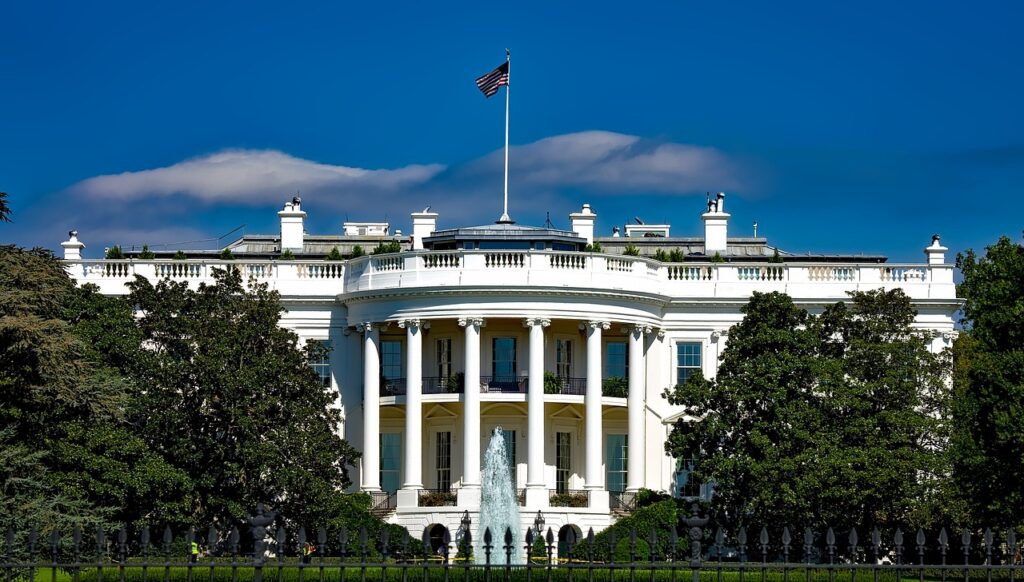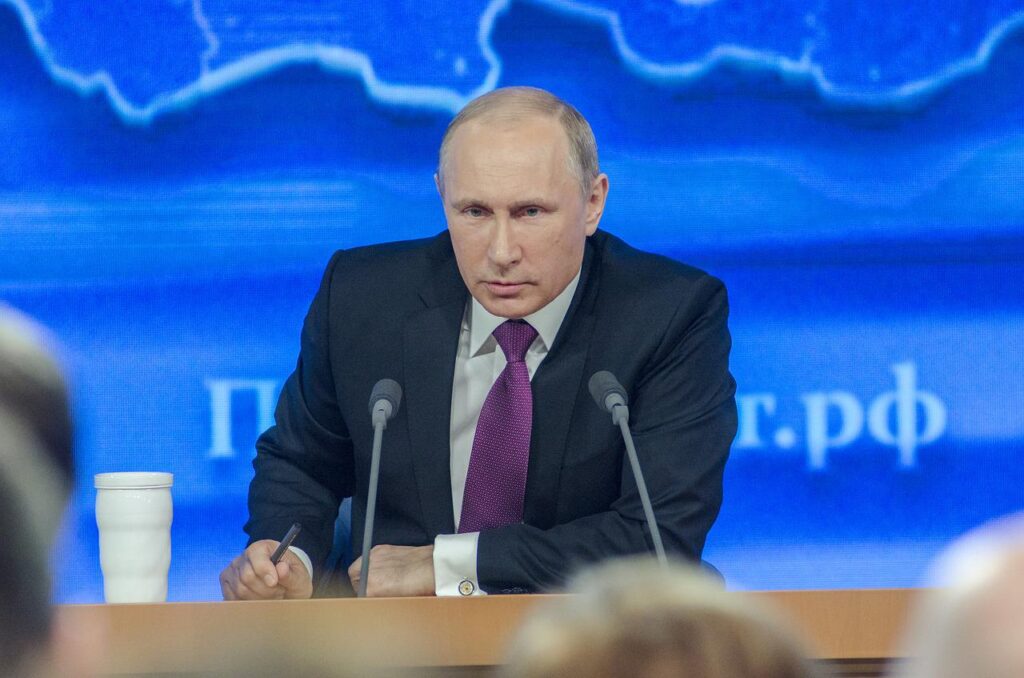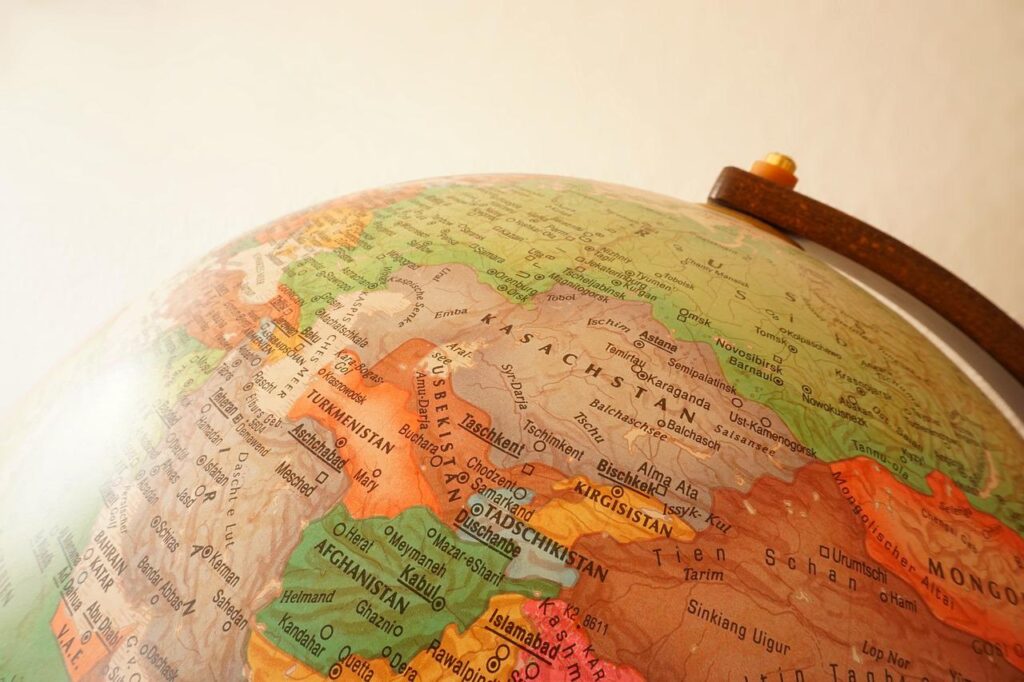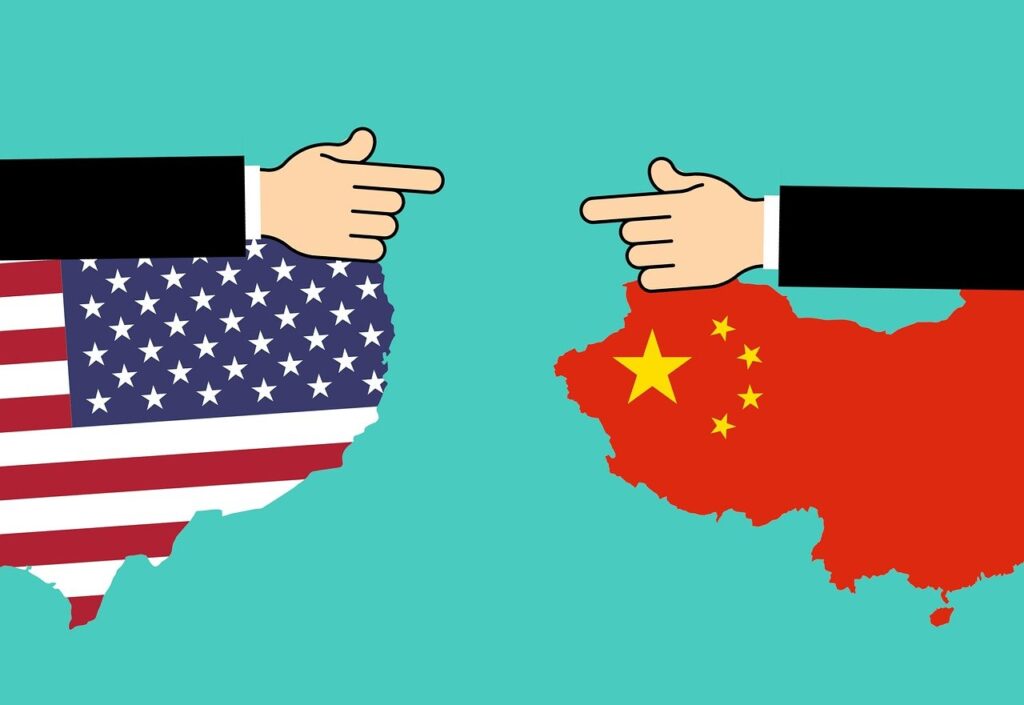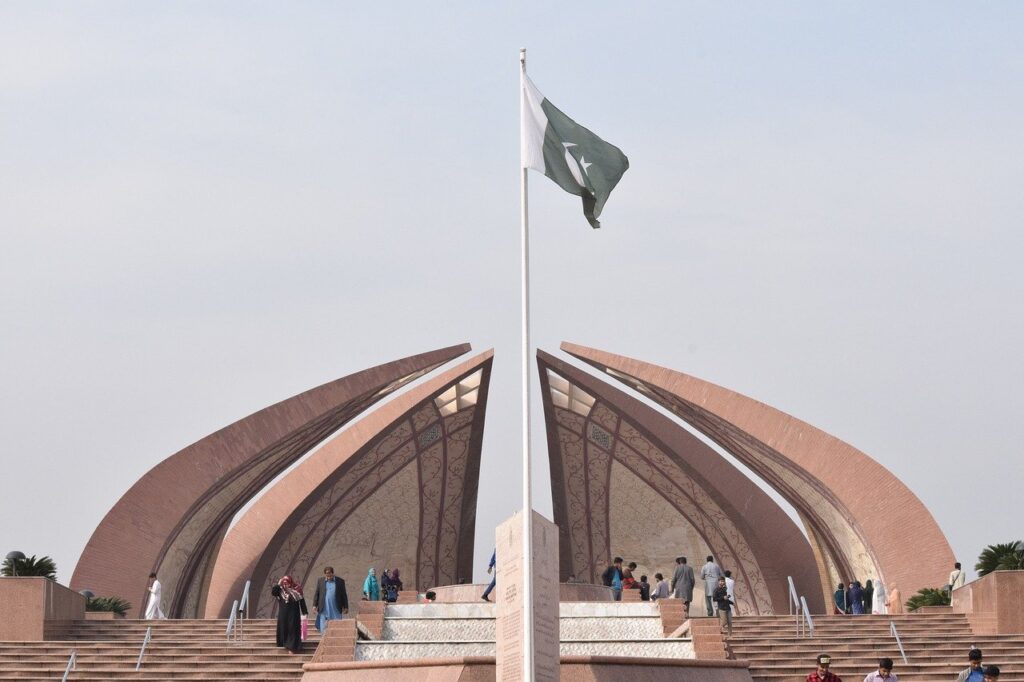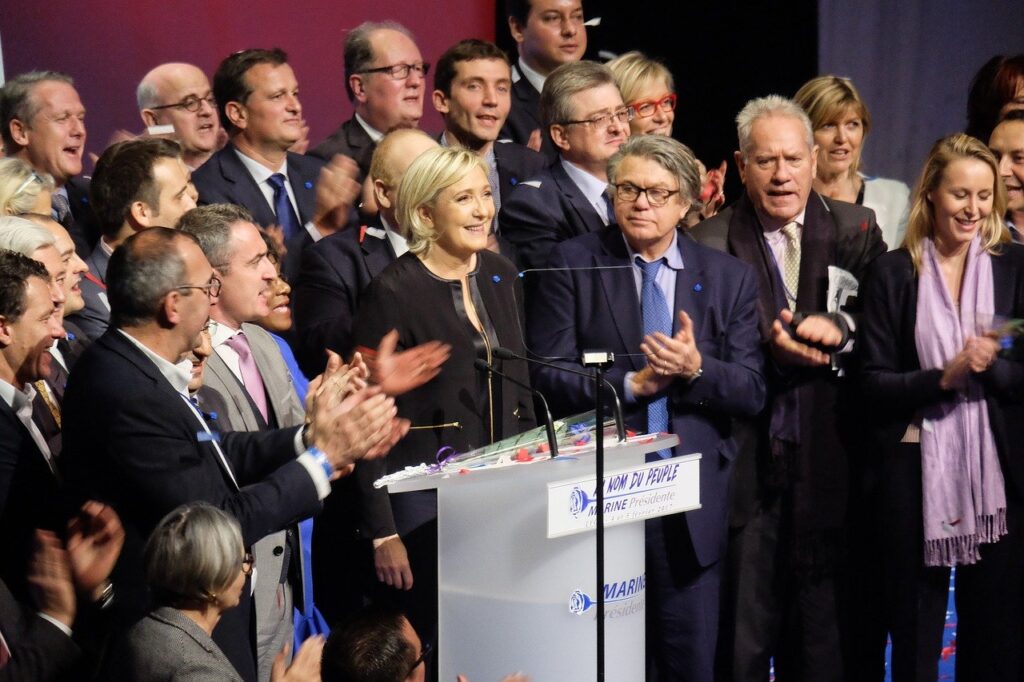In the wake of the Ukrainian crisis, there was apprehension that U.S. foreign policy might just end up taking the wrong turn and focusing on Russia. But Biden's new National Security Strategy portrays Russia as a declining imperialist power and pins the focus on countering China in the Indo-Pacific.
Posts published in “Foreign Affairs”
India has risen from uncertainty and insecurity to become a nuclear power with a booming economy and a powerful military. Indians have settled and thrived everywhere. Yet, India remains an underwhelming power on the world stage. Freedom Gazette now sets itself in pursuit of India’s destiny as a responsible force for global good.
A ceasefire in Ukraine and rapprochement between Russia and the West is in India’s best interests. Given border tensions with China and India's continued dependence on Russia for arms, policymakers in New Delhi must live up to the task of finding a new equilibrium in these disorderly times.
For the first time since the days of the Russian empire, Central Asia is moving away from Moscow’s influence. Many Central Asian countries have opposed Russia on Ukraine, and China and Turkey are stepping up to fill the power vacuum. But India is still curiously absent and unable to compete.
Ancient China was a self-contained and inward-looking economy with mostly domestic-driven prosperity, and it saw the world as a hierarchy of states with China at the centre. But today, China’s prosperity is linked to the globalisation of its economy, making such a hierarchical order difficult.
Hip-hop artists are the voices of hundreds of thousands of people, transcend cultural barriers and bring different people together. The U.S. has done a great job of capitalising on hip-hop to tell the world that anybody could be anything they wanted, which is what the American Dream is all about.
The root of the India-Pakistan conundrum does not lie in the two countries’ inability to determine a permanent territorial boundary. Instead, the cause of perpetual conflict between India and Pakistan goes all the way back to the inception of the two countries as sovereign and independent states.
When European far-right parties won elections in 2017, they might have benefited from the refugee crises ravaging the continent. But since then, they have become far more savvy and intelligent and have used the media and the internet to popularise ideas that were previously considered unacceptable.
India's military ties with Russia are already suffering. But in addition, India's fence-sitting in Ukraine proves to Russia that it is not as reliable an ally as China, and to the West that it is not an ally at all. India ought to look within for what it stands for and what it hopes to achieve with its foreign influence.
While Biden has made significant progress towards revitalising America's commitment to multilateral institutions, the chaotic withdrawal from Afghanistan left many U.S. allies feeling blindsided and betrayed. Coordinating with allies will be key if Biden wants to counter China and Russia.
Gaming, including e-sports, stands at the intersection of technology, globalisation, entertainment and business. Its popularity is so widespread that it featured as a medal event in the 2019 Southeast Asian Games, recognised by the International Olympic Committee. Governments have begun to take note.

